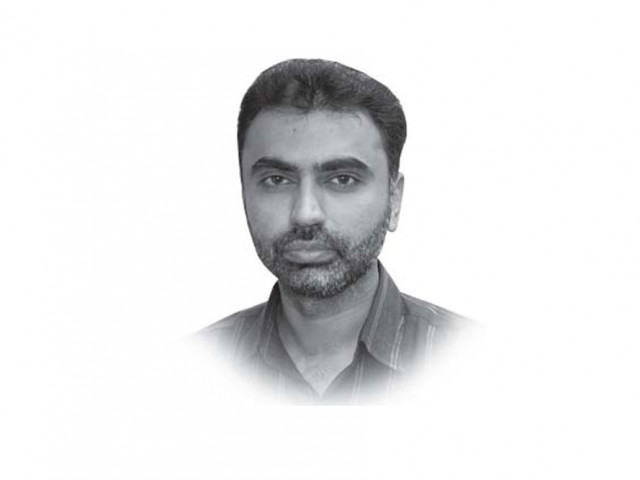The week in focus
Energy and industrial production not increased at pace that country could cater to needs of its growing population.

Recently, the South Korean ambassador at an event sounded optimistic, saying Pakistan has great resources and tremendous potential and nothing can stop the country from becoming a developed nation if it takes corrective measures. However, he did not specify the steps the country should take to catch up with industrialised countries. Given the challenges the country faces, it seems a pipe dream, at least for now.
Decades of hard work and widespread development activity is needed to become prosperous, but progress at a slow pace will take the country nowhere, rather the countries running behind will rise past us. In this regard, the example of 1960s and 1970s could not be forgotten, when Pakistan, Malaysia, Indonesia and South Korea had economies almost like ours, but they have gone far ahead. Some of these countries export the same worth of goods in one to two months which Pakistan exports in the whole year.
A country’s progress can be judged with the help of its industrial development, per capita income, literacy rate, living standards and others. Though Pakistan’s per capita income has grown significantly by 17 per cent to $1,254 mainly because of a stable exchange rate and higher growth in nominal gross national product, it has still a long way to go to match those earned by emerging economies.
According to a World Bank research paper, Pakistan is among lower middle-income economies which have per capita income in the range between $1,006 and $3,975. The International Monetary Fund’s World Economic Outlook database for 2010 says South Korea has a per capita income of $20,591, Malaysia $8,423, Thailand $4,992 and Indonesia $3,015.
Overstretched resources
However, it cannot be denied that the rapid increase in population of Pakistan has overstretched its resources. Energy and industrial production has not increased at such a pace that the country could cater to the needs of its growing population, leading to electricity and gas shortages, unemployment and poverty due to less-than-desired job opportunities.
According to a research report, economic growth in the last four years averaged at 2.9 per cent compared to a high average inflation rate of 14.6 per cent. Weak economic performance, mainly because of domestic energy shortages, floods and world economic slowdown, has created less number of jobs while inflation has curtailed the purchasing power of consumers, adding to the ranks of poor.
In case of tax collection, Pakistan has one of the lowest tax-to-gross domestic product ratios at around nine per cent. Revenue collection in the last fiscal year ended June 2011 fell short of the target of Rs1,588 billion, standing at Rs1,550 billion. Not only corruption in tax departments and low or even no payment by many businessmen, traders and others cause a revenue loss of billions of rupees, but also lack of awareness and shirking responsibility by ordinary people deprive the country of much-needed revenue.
In addition to all these, non-essential spending by the government also puts added burden on the economy and takes away the resources required for development. In these difficult times when security expenditures swallow a huge chunk of resources, there is a pressing need for an austerity drive on the part of the government.
Another area that must be focused on is extensive trade with other countries, particularly those which are in Asia. In this era of inter-dependence, a significant increase in trade will drive economic growth, create jobs and reduce poverty.
The writer is incharge Business desk for The Express tribune and can be contacted at ghazanfar.ali@tribune.com.pk
Published in The Express Tribune, July 25th, 2011.



















COMMENTS
Comments are moderated and generally will be posted if they are on-topic and not abusive.
For more information, please see our Comments FAQ